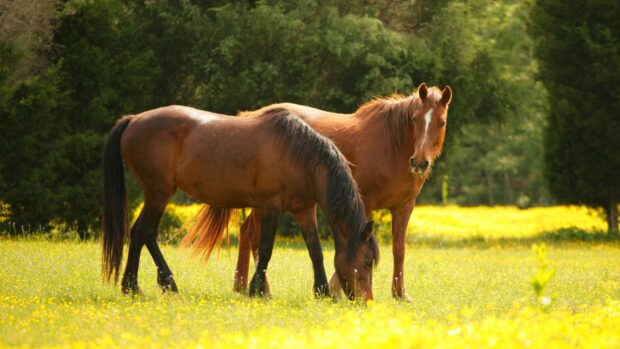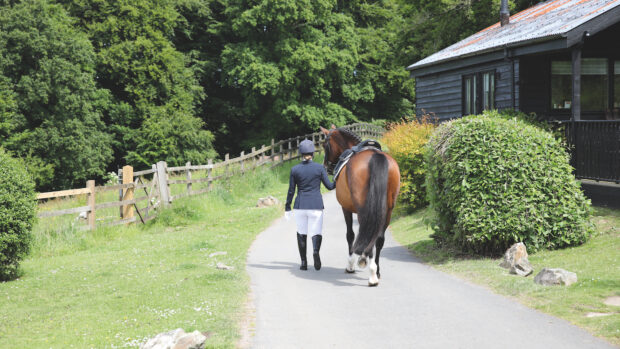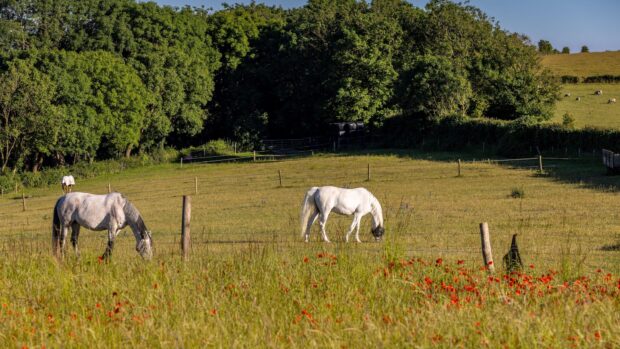Horse owners are being warned to be extra vigilant about grass sickness this summer after reports of increased cases for this time of year.
The Equine Grass Sickness Fund (EGSF) told H&H it is receiving calls later than usual, due to the late spring.
“Usually we see a peak in May,” said Kate Thomson from the EGSF. “But this year we’ve had a boom in late June, early July. We’ve had about 10 calls in the past couple of weeks.”
Equine grass sickness is a neurological disease of unknown cause that paralyses the digestive system. More than 95% of cases are fatal.
It can occur in any breed of horse, usually 4-to 5-year-olds and is almost exclusively found in grazing horses.
“We are concerned that many people seem unaware,” added Ms Thomson. “In the UK around 140 deaths from grass sickness are reported each year, but we believe the true number is much higher.”
Alex Ferris-Drake, from West Yorkshire, lost her five-year-old Welsh Section D mare, Maggie, to the disease on 13 July.
“We had never heard of it until she got it, then 48hr later she was dead,” she said. “We need to spread the word.”
Signs are similar to colic and include sweating, a distended stomach and constipation.
“Preventative measures can be taken — ensure the horse has access to hay constantly, plus poo pick manually to make sure nothing disturbs the soil,” said Ms Thomson.
EGSF is appealing for funds to launch a nationwide vaccine trial. Visit: www.grasssickness.org.uk
This news story was first published in Horse & Hound magazine (25 July 2013)




